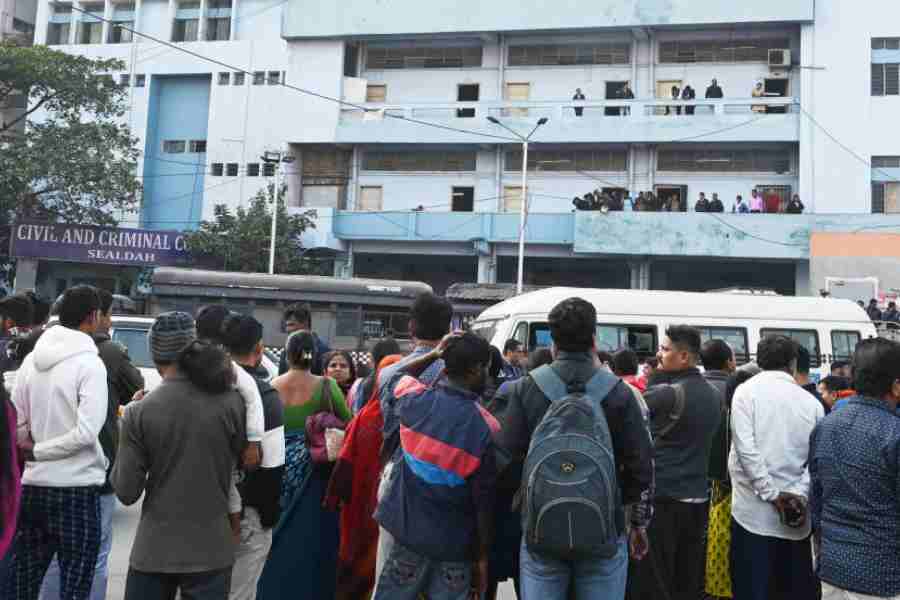Microfinance lenders are taking more time and effort to verify the creditworthiness of new borrowers and comply with the RBI regulations in the wake of the Supreme Court’s decision to strike down section 57 of the Aadhaar Act restraining entities on the use of Aadhaar data for identification.
Microfinance lenders depend on report sourced from credit information companies to verify the eligibility of borrowers. The verification is crucial as not more than two MFIs can lend to the same borrower under RBI norms and there is also a maximum cap of Rs 1 lakh per borrower.
MFIs were among the biggest beneficiaries of the Aadhaar-led identity verification. Microfinance borrowers were not always required to visit branches to collect the disbursement in cash as the amount was directly credited to the Aadhaar-seeded bank accounts after the verification of the credit report of the borrower.
According to MFIs, Aadhaar offered a readily available identification of borrowers, particularly in the rural parts, where physical verification can get time consuming and costly. Even as the industry awaits clarification from the Centre and the regulator following the decision of the apex court, MFIs are planning to be more cautious in checking the credit history of borrowers to prevent additional risks as well as comply with the regulations.
“Our members will follow whatever solution the government prescribes for authentication. Before Aadhaar, the industry was lending using voter ID cards. The challenge, however, will be how the credit information companies are able to prevent de-duplication of borrowers when they provide the credit report necessary before loan is disbursed,” said Harsh Shrivastava, CEO of MFIN.
“PAN may work as an identifier in credit verification for borrowers seeking larger loans. Micro credit borrowers have an average loan disbursal of around Rs 23,000 per account. Moreover, there are hardly any PAN card holders in villages,” said the director of an NBFC microfinance entity.











